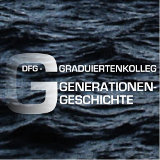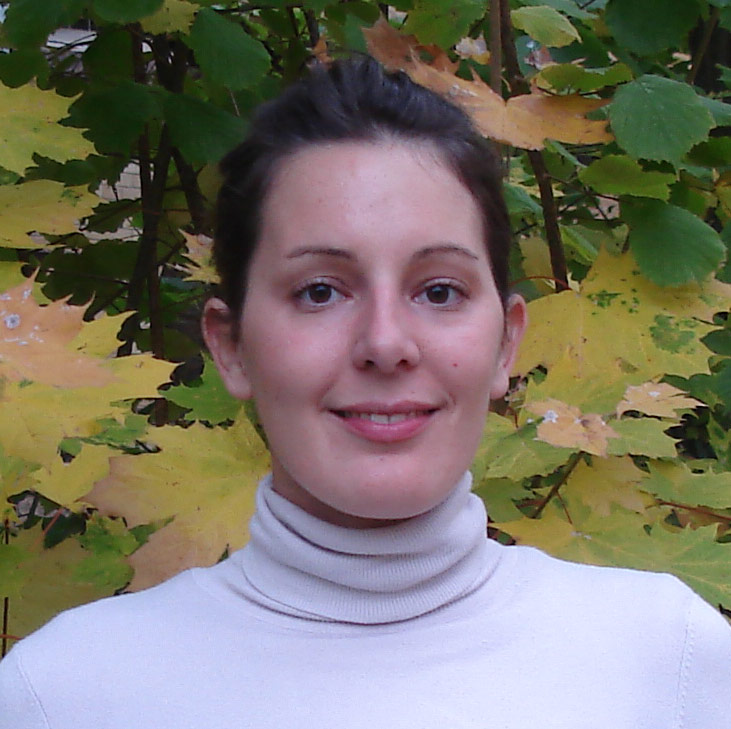Abstract Kirsten Gerland
A generation of `89 has - until now - neither been identified by scholars nor has it been used as an expression of self-generalisation by former actors. In the collective memory of 1989 the perception as a "revolution by those aged 40" is prevalent. Additionally the members of the civil rights movements in the GDR were described as "the Eastern 68ers". But this point of view underestimates the different age-cohorts joining the "exit" as well as "voice-movement" and denies the specific role of "youth" during the breakdown of the SED-regime.
So to what extent did generational aspects matter in 1989? This PhD project combines two different approaches of generational theory: Referring to the concept of Ulrike Jureit the actors will be regarded as a community of shared experiences. Secondly, "generation" can appear as a discursive phenomenon, in which generational arguments are used by actors as a political strategy. Three main aspects will be analyzed: (1) What kind of group identities and self-imaginations based on specific experiences of cohorts and milieus played a role during the crisis of 1989 in the GDR? Did a generational conflict arise between youth and adults pursuing different goals? (2) Did the younger cohorts claim to play an important role during the reform debates of 1989/1990 considering themselves as the future of the GDR? Did they use generational arguments to gain influence on the transformation process? (3) A transnational point of view will be added to take into account the differences and similarities regarding to the generational imprint of the Polish and East-German actors.
In all, this project focuses on the generational perspective in order to question the background of motivations, strategies and political aims of members of the "voice"- and "exit"- movement and to discover the importance of generational arguments during the final collapse of the GDR.

